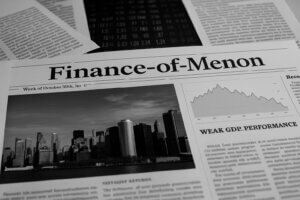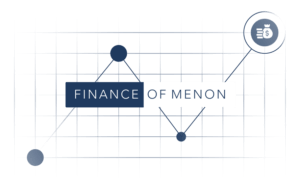Why Warren Buffett and Tech Giants Like Amazon Don’t Pay Dividends
Warren Buffett’s approach to not paying dividends at Berkshire Hathaway often raises eyebrows among investors who expect regular payouts. However, this strategy reflects Buffett’s deep understanding of compounding, a principle shared by other industry giants like Amazon, Google, and Meta. These companies also choose to reinvest their earnings back into the business, prioritizing long-term growth over short-term rewards.
The Nature of Dividends
The key issue with paying dividends is that it disrupts the compounding process. When a company pays dividends, shareholders are forced to pay taxes and reinvest their payouts, often into less efficient opportunities.
In essence, the company is signaling, “We don’t need this capital anymore; you find a better use for it.” An investor is almost never a better capital allocator compared to the business owner or enterprenuer.
Why Buffett and Tech Giants Prefer Reinvestment
Instead of returning capital to shareholders, Buffett and companies like Amazon believe it is better to retain that capital within the business to fuel growth. Amazon consistently reinvests its profits into innovation, infrastructure, and expanding its market reach. This reinvestment has allowed Amazon to dominate industries like e-commerce and cloud computing, creating significant long-term value for its shareholders without ever paying a dividend.
Similarly, Google’s parent company, Alphabet, follows the same path. Rather than paying out dividends, Alphabet reinvests profits into new technologies, expanding its business lines, and acquiring other companies. This strategy has led to substantial stock appreciation, building wealth for shareholders over the long run.
The Power of Uninterrupted Compounding
Buffett’s strategy is simple: keep capital within the company to maximize growth potential. By doing so, the compounding process continues without disruption. If investors want to take gains, they can sell a portion of their shares when it suits them, avoiding the tax consequences of unwanted dividend payments.
This approach, shared by companies like Berkshire Hathaway, Amazon, and Google, emphasizes the long-term potential of keeping capital within the business. By reinvesting earnings rather than distributing them, these companies generate exponential growth that often outpaces the returns from dividend-paying businesses.
Conclusion
By focusing on reinvestment and uninterrupted compounding, Warren Buffett and companies like Amazon, Meta, and Google create tremendous value for their shareholders. The decision to avoid dividends is not about withholding payouts but about allowing the business to grow stronger and more valuable over time.
Image Credit: Images used are not created by Finomenon Investments; please share the source and author of the illustrator if you know to help give them credit.
Disclaimer: Nothing here should be considered investment advice. All investments carry risks, including possible loss of principal and fluctuation in value. Finomenon Investments LLC cannot guarantee future financial results.






